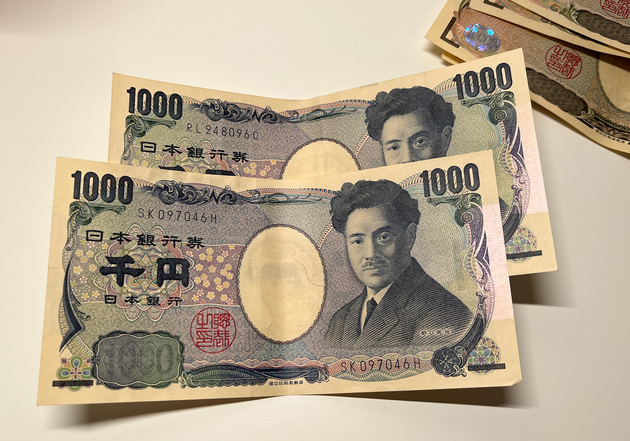
File Photo/NBD
On August 5th, "Black Monday" swept through, leading to a plunge in Japanese and Korean stocks, with the Nikkei 225 index falling 12.4%, setting the record for the largest drop ever, surpassing Black Monday in October 1987. The Korean Composite Index also saw its biggest decline since 2008. U.S. stock markets saw a significant decline across the board, with the Dow Jones falling 2.6%, the NASDAQ 3.43%, and the S&P 500 3%.
Economists analyze that behind the global stock market crash, the appreciation of the yen has led to the ebb of carry trade, with investors selling stocks to repay yen. At the same time, the shocking U.S. July non-farm employment report, with rising unemployment rates, triggered the "Sahm Rule" based on unemployment rates, intensifying market concerns about an economic recession. Warren Buffett's nearly 50% reduction in his stake in Apple has triggered a panic effect in the market.
Historically, after the Bank of Japan raised interest rates in 2000 and 2006-2007, the U.S. stock market ushered in a crash, triggering a global financial crisis. Last week, the Bank of Japan has adjusted the policy interest rate from 0.1% to 0.25%, the first rate hike since abandoning negative interest rate policy in March this year. Japan's long-term government bond is as high as 257.19% of GDP, and the central bank's holding of government bonds is 53.2%, far exceeding the 40% share warned by the IMF.
Despite concerns, some analysts believe that the global financial system is now more stable, and the current fluctuations may not lead to a new financial crisis. On the other hand, China's economy, policy, and corporate profit prospects are relatively stable, and RMB assets, which are at a low valuation, are expected to become a "safe haven" for global economy.
Zhou Maohua, a macro researcher at the financial market department of China Everbright Bank, believes that the slowdown of developed economies, geopolitical conflicts, and other factors have increased the volatility of overseas markets, and RMB assets may become a safe haven. Market analysis points out that as the United States enters the interest rate reduction cycle, the redistribution of market resources will be a matter of concern and may lead to new investment opportunities.
On August 6th, Japanese stocks started to rise, with the Nikkei index closing up 10.23% at 34,675.46 points, marking the largest single-day gain since October 2008. The Topix index also saw a significant increase, closing up 9.3%.
Is it the end of the tumbling?


 川公网安备 51019002001991号
川公网安备 51019002001991号





